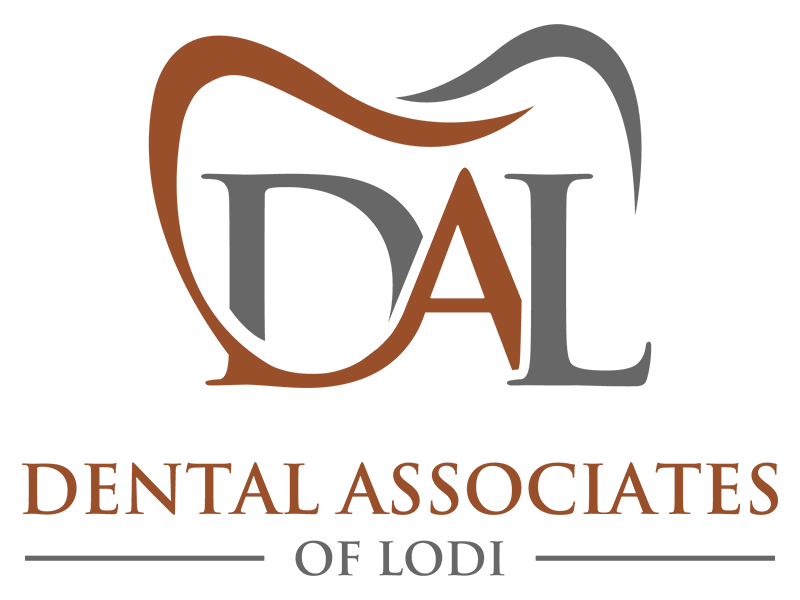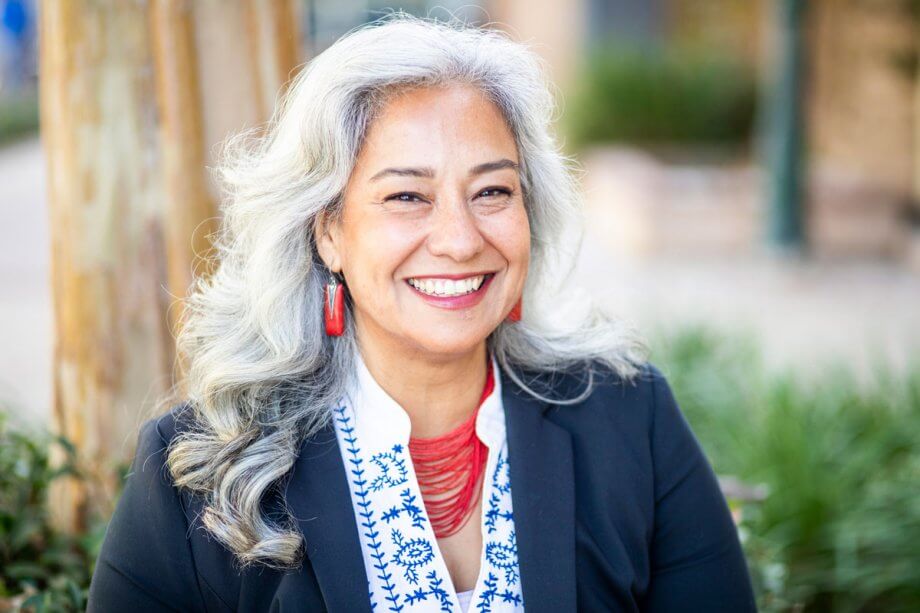We’re all familiar with the tell-tale signs of aging. We notice gray hairs and crow’s feet, our knees start cracking when we walk up the stairs and suddenly it’s a lot harder to get up after crouching down in the garden to pull weeds. Just like the rest of the body, our gums and teeth start to show signs of aging too. Gum recession, thinning enamel, discoloration, and wear are all common in older adults; health conditions and medications can also take a toll on your oral health. By being aware of these changes and taking a proactive approach, you can protect your teeth as you get older.
1. Prevent Dry Mouth
Dry mouth is uncomfortable, but an even bigger concern is its impact on your oral health. All day long, saliva works to dilute and wash away food, bacteria, and dead cells from your mouth. In a dry mouth, this process doesn’t work as efficiently and the bacteria that causes gum disease and tooth decay can proliferate.
Many of the medications patients take to stay healthy as they get older have the unfortunate side effect of causing dry mouth. It’s not usually an option to stop these medications, so the best solution is to stay well-hydrated by drinking throughout the day. Skip juice and soda, which are high in sugar, and coffee and tea, which can stain your teeth and cause you to become dehydrated because of their caffeine content. Instead, stick with plain water. When you can’t bring a bottle of water with you, a sugar-free lozenge or gum can help stimulate saliva production.
2. Be Vigilant Against Oral Cancer
As we age, we’re at a higher risk of oral cancer, which is why it’s important to never miss a dental checkup. During your routine dental evaluations, we conduct oral cancer screenings to identify abnormal tissues and sores.
Treatment of oral cancer can be devastating to your oral health, sometimes even requiring full mouth reconstruction, so early detection and prevention are important. Drink alcohol in moderation only, use alcohol-free mouthwash, stop using tobacco, and apply lip balm with SPF when you go outside.
3. Brush Better
Even if you have perfect oral hygiene habits, many patients brush their teeth too hard. Using heavy pressure or a stiff-bristled toothbrush might make your teeth feel cleaner, but in the long-term, they can cause gum recession and enamel erosion.
Instead of brushing hard, brush better. Choose a soft-bristled toothbrush or an electric brush that reminds you when you’re using too much pressure. Brush for two minutes, twice a day, and make sure you’re reaching the inner, outer, and chewing surfaces of every tooth.
4. See Your Dentist Regularly
Regular dental visits are key to long-term oral health. When you come in for dental exams every six months, we’re able to identify minor issues before they become serious problems that jeopardize your teeth and gums. As you get older, it’s more important than ever to make sure you never miss a dental appointment!
Make an Appointment Today
Do you have concerns about your teeth as you age? Contact us today at 862-247-8030 to schedule an appointment with Dr. Liao.


